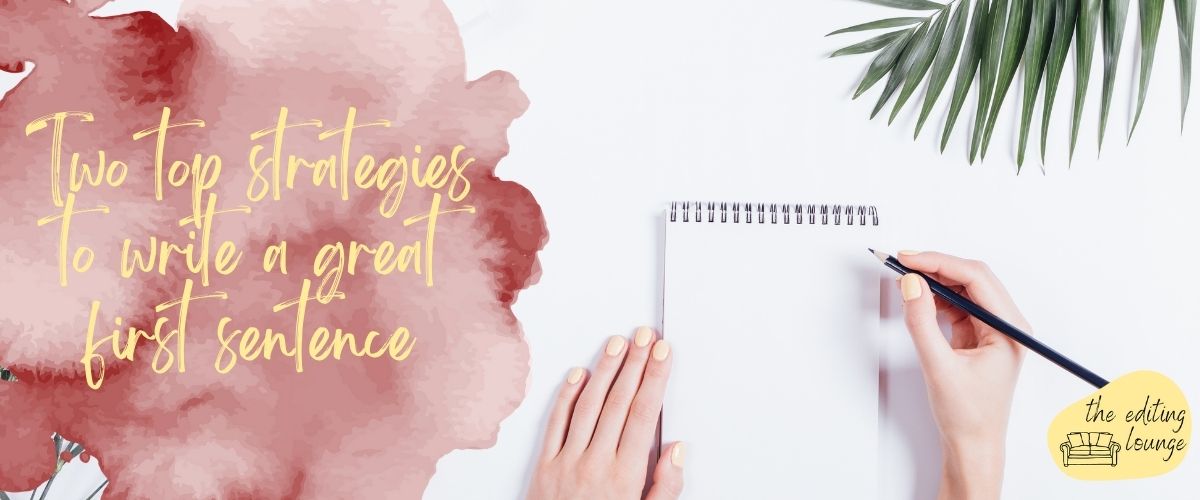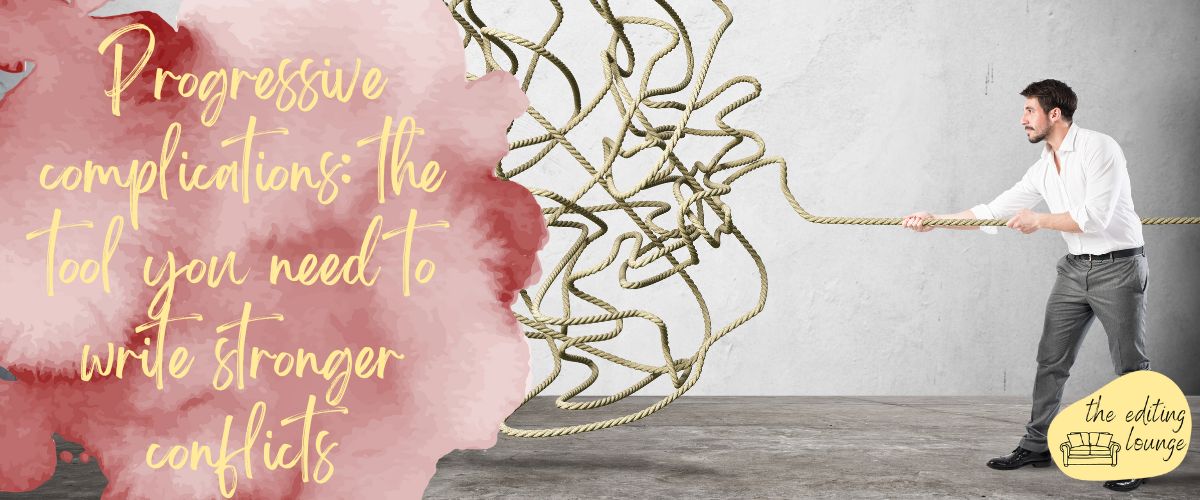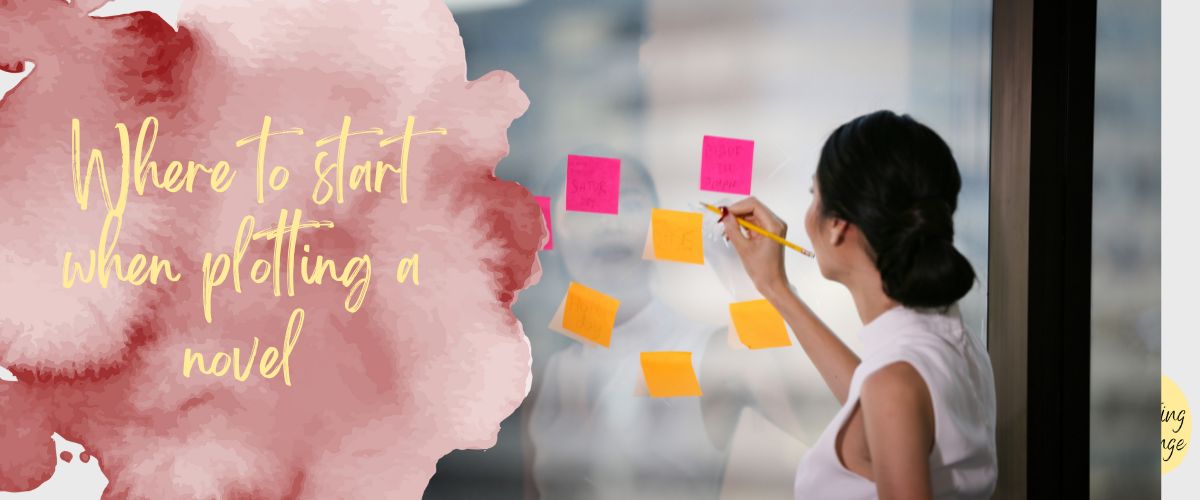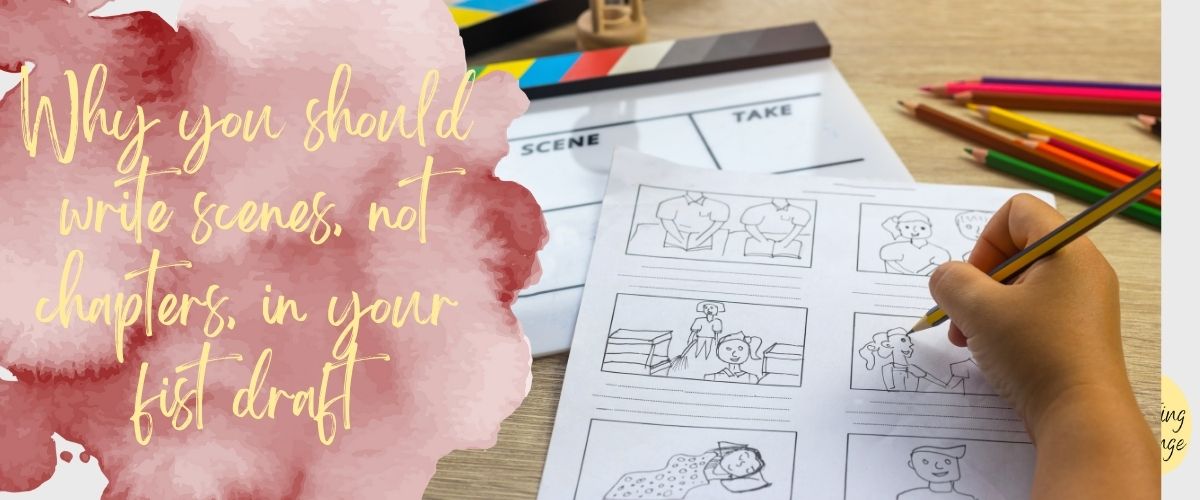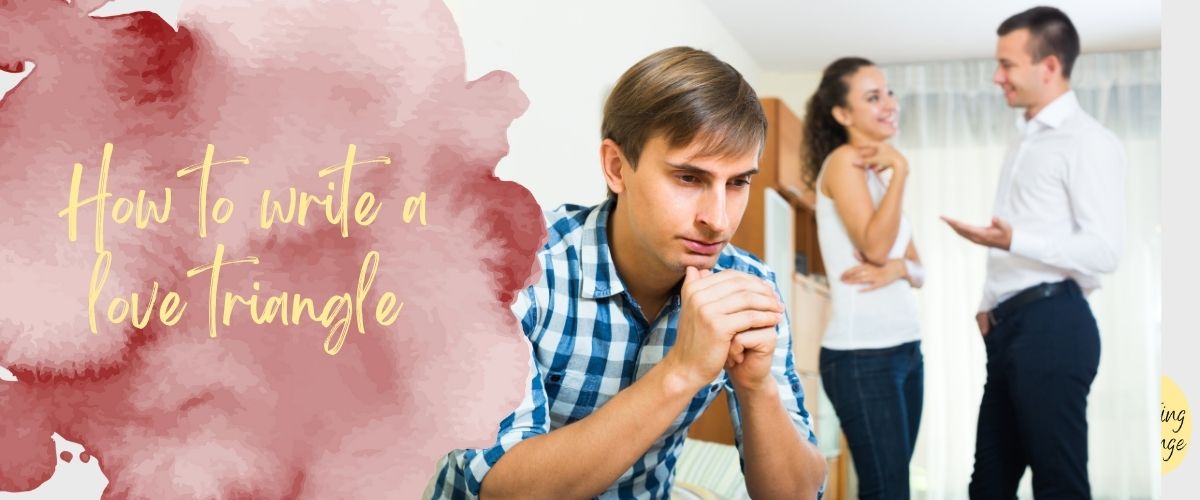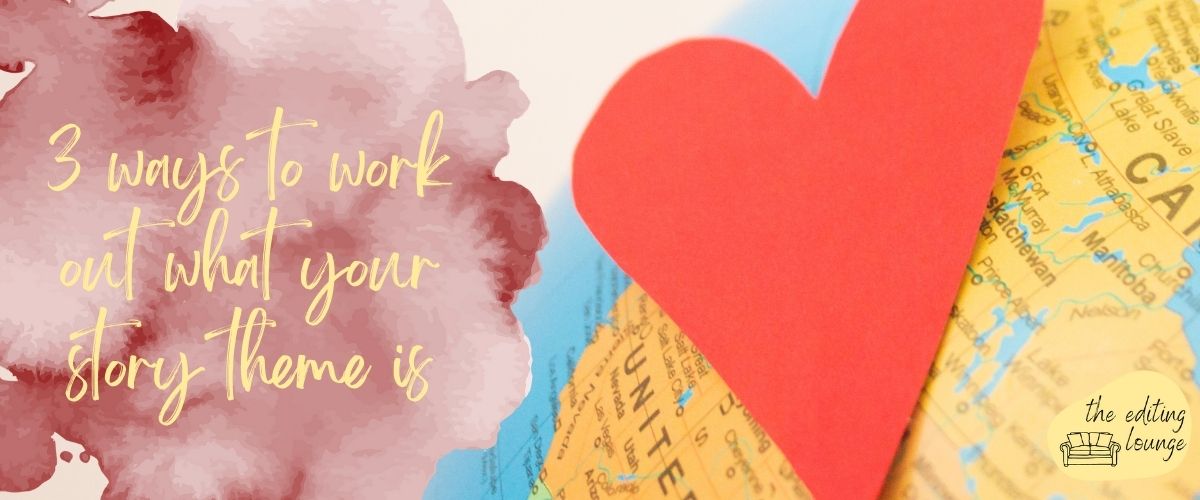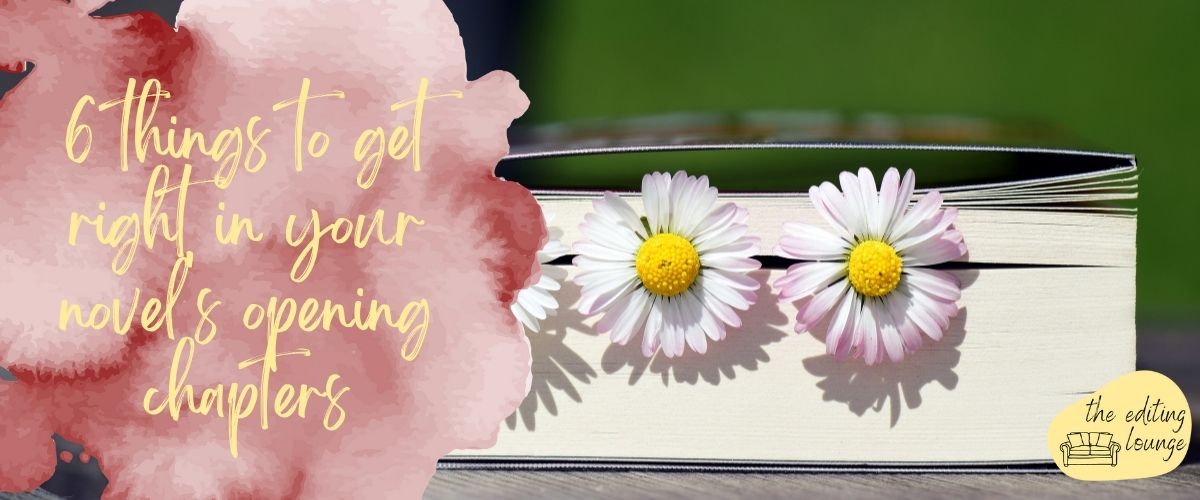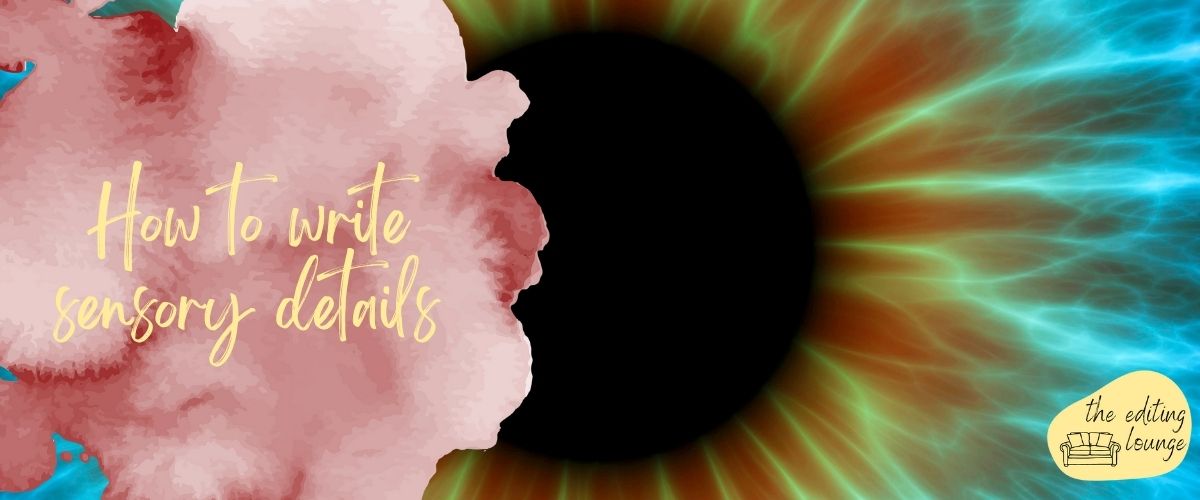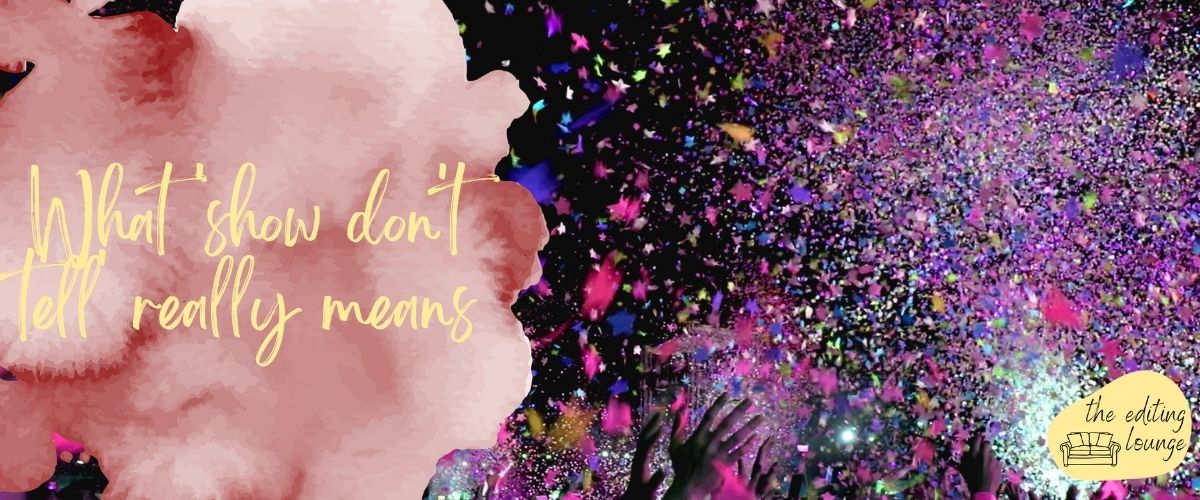Regardless of which genre you write, your first sentence needs to seduce your readers. Perhaps your first sentence is an invitation. A promise. A tease. A shock. A declaration.
Whichever approach you adopt, this sentence must be irresistible. It must hook readers and pull them into the page. (Remember that lots of potential buyers read the first couple of sentences in the bookshop or on Amazon before deciding whether to buy.)
But starting the book is one of the hardest parts. That’s why I always suggest coming back to write this sentence later.
If you’re struggling to come up with a great first sentence, you’re not alone. Even Stephen King has said that he spends ‘months and years’ crafting this all-important sentence.
So, how can you get this right?
1. Character introduction
If you’re writing in the first person or close third person, you can jump into your protagonist’s head and provide an unvarnished truth that makes the reader want to learn more about the character.
A great example of this is Sylvia Plath’s first line in The Bell Jar: ‘It was a queer, sultry summer, the summer they electrocuted the Rosenbergs, and I didn’t know what I was doing in New York.’ Unexpected and uncomfortable. The reader will almost certainly want more.
Then there’s Vladimir Nabokov’s first line of Lolita: ‘Lolita, light of my life, fire of my loins.’ Passionate and poetic. The reader will likely want more again.
And there’s Graham Greene’s first line of Brighton Rock: ‘Hale knew, before he had been in Brighton three hours, that they meant to murder him.’ This sentence raises important questions. Who are ‘they’? What has Hale done to warrant murder? Already, the reader should be interested.
Once you’ve crafted a compelling character voice, you’ll be in a strong position to come up with the first line you’ll give your readers.

2. Theme introduction

Alternatively, many successful novels kick off with a thematic first line, a sentence that infiltrates the rest of the story with meaning.
Consider Leo Tolstoy’s opening line in Anna Karenina: ‘All happy families are alike; each unhappy family is unhappy in its own way.’ Thought-provoking and thematic, the entire novel reflects this concept.
The same applies to the first sentence of James Matthew Barrie’s Peter Pan: ‘All children, except one, grow up.’
And the first sentence of Jane Austen’s Pride and Prejudice: ‘It is a truth universally acknowledged, that a single man in possession of a good fortune, must be in want of a wife.’
When you identify your theme, you can come up with lots of first sentence ideas that reflect your novel and its core message. And then you can prune this line into its best shape.
If you need help with your novel opening and hooking your readers…
About Charlotte

Charlotte is an award-winning writer and line/copyeditor who writes and edits for clients all over the world. She also works on the fiction team for Ambit, a UK literary and arts magazine.
She holds an international literary prize from Hammond House Publishing Group, two writing-related degrees, various marketing certifications, and training certificates from the Chartered Institute of Editing and Proofreading, of which she is a Professional Member.
Charlotte’s work has appeared in several anthologies, magazines, and literary journals, including Indigomania, Dream Catcher, and The Curlew.
She has also created a series of free self-editing cheat sheets to help new writers hone their fiction before sending their work off to a professional editor.
Progressive complications: the tool you need to write stronger conflicts
Conflict is essential to stories of all kinds. A story can’t exist with conflict. If your character could get whatever they wanted at the beginning of the story, there would be no reason to write it. Whether you’re writing a novel or a short story, conflict is what keeps your story going, what keeps the…
Where to start when plotting a novel
It’s arguable that the most important thing a novel should do is follow an arc of change. If nothing changes, do you really have a story? So, perhaps the first step to take when plotting your novel should be to decide, at the simplest level, what’s going to change. That’s easier said than done, but…
Why you should write scenes, not chapters, in your first draft
Plotting and writing a string of chapters long enough to fill a book is daunting. It’s impossible to know how many chapters you’ll need. And it’s impossible to order all of your chapters before you start writing and feeling your way around. That’s why it’s much easier to write your first draft in scenes instead…
How to write a love triangle
Although readers love a well-written love triangle, writing one is easier said than done. Love triangles that aren’t carefully plotted often end up predictable and clichéd. But when well developed and carefully thought out, love triangles can be great, moving plot devices that strengthen your story. What is a love triangle? A love triangle is…
3 ways to work out what your story theme is
I don’t need to know what my story theme is, I hear you say. Just let me crack on with my writing. I know. Hitting pause to think about your theme doesn’t feel like a priority when you’ve got all these great story ideas to get down on paper. Plus, some writers feel that identifying…
2 top strategies to write a great first sentence
Regardless of which genre you write, your first sentence needs to seduce your readers. Perhaps your first sentence is an invitation. A promise. A tease. A shock. A declaration. Whichever approach you adopt, this sentence must be irresistible. It must hook readers and pull them into the page. (Remember that lots of potential buyers read…
6 things to get right in your novel’s opening chapters
Writing a novel is a massive undertaking, regardless of how many books you’ve already written. And, no matter how many how-to books you’ve read and how many fiction workshops you’ve attended, it’s easy to miss the fundamentals when writing your opening chapters. When you submit your novel to an agent or publisher, they will almost…
How to write sensory details
When we include sensory details in our writing, we can evoke our readers’ senses of sight, sound, touch, taste, and smell. This is because painting a strong scene in your reader’s imagination helps them pull similar scenes from their own memories. Here, we’ll explore the science behind why evoking the senses can be so compelling…
What ‘show don’t tell’ really means
Lots of editors are quick to tell writers ‘show, don’t tell’. But this advice has been given so many times that we often forget to explain what it really means. I’ll break down the concept here so you can make the most of this advice. In brief, ‘telling’ is explaining what’s happening. Meanwhile, ‘showing’ is…
Using specific detail to bring your writing to life
Adding detail is essential to writing great fiction. But how specific is the detail in your manuscript? If I had received a pound for every time one of my writing tutors circled a phrase in my fiction with a note saying ‘specific detail please’ during my MA days, I’d be rich. There are likely lots…



